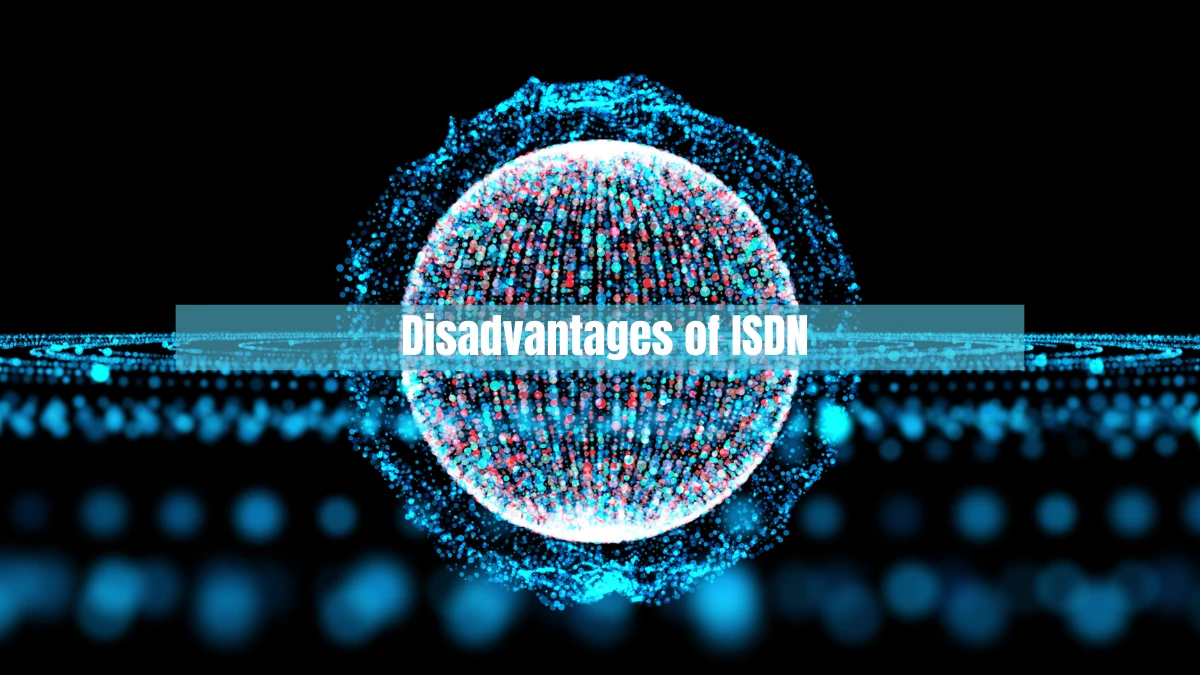Integrated Services Digital Network (ISDN) provides many benefits, especially the ability to system that integrates data, voice, and image services in one unified network. However, the advantages and disadvantages of ISDN cannot be separated even though we can feel the benefits.
The advantages and disadvantages of ISDN include better speed and quality, efficiency, and higher cost, to not suitable for computer-to-computer communication.
This article will inform you about some of the advantages and disadvantages of ISDN that you can consider.
The Advantages and Disadvantages of ISDN
Like any other technology, ISDN has several advantages that can be utilized and disadvantages to consider. The advantages of coaxial cable are better speed quality to efficiency while the higher costs to not suitable for computer-to-computer communication Here is the advantages and disadvantages of ISDN:
The Advantages of ISDN

Here are some of the advantages of using ISDN:
1. Better speed and quality
One of the advantages of ISDN is its better speed and quality. Compared to the PSTN, it offers higher data transmission speeds and clearer voice quality.
2. Efficient
Efficiency is another advantage of ISDN. It allows the delivery of different types of services (voice, data, video) over a single channel, making it more efficient in bandwidth usage.
3. Flexible
Another underrated advantage of ISDN is its flexibility. It supports various types of terminals and devices and allows users to access voice and data services simultaneously.
4. Reliability
Another advantage of ISDN is its reliability. It has a long track record of reliable service, with high-quality voice calls.
The Disadvantages of ISDN

Here are some of the disadvantages of using ISDN:
1. Higher costs
One of the drawbacks of ISDN to consider is the higher costs involved. It has higher installation and maintenance costs compared to the PSTN or other modern technologies.
2. Less flexible for high bandwidth
While it allows users to access voice and data simultaneously, it does have limitations in terms of speed and capacity, making it less flexible for applications that require high bandwidth.
3. External power supply required
A drawback of ISDN that also needs to be considered is the external power supply required. It requires an external power supply, and if power is lost, the phone will not work.
4. Not suitable for computer-to-computer communication
Another drawback of ISDN is that it is not suitable for computer-to-computer communication. It is more suitable for telephony and not for high-speed computer-to-computer communication.
Those are the advantages and disadvantages of ISDN that you can consider before deciding to use them. When you choose an ISDN, you can feel all the advantages from better speed and quality to efficiency.
However, don’t forget to make a consideration of the disadvantages which are higher cost to not being suitable for computer-to-computer communication. Another thing to note is that ISDN technology must pass the certification test from the Directorate General of Digital Infrastructure (DJID).
With DJID certification, users can feel calm about using an ISDN device whose quality and security are guaranteed. For manufacturers or importers of ISDN devices, obtaining certification from DJID is a mandatory step before the device can be officially marketed in Indonesia.
To simplify the certification process, we are available to assist with this process as a reliable solution. [UN].

